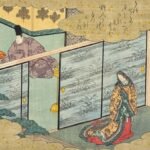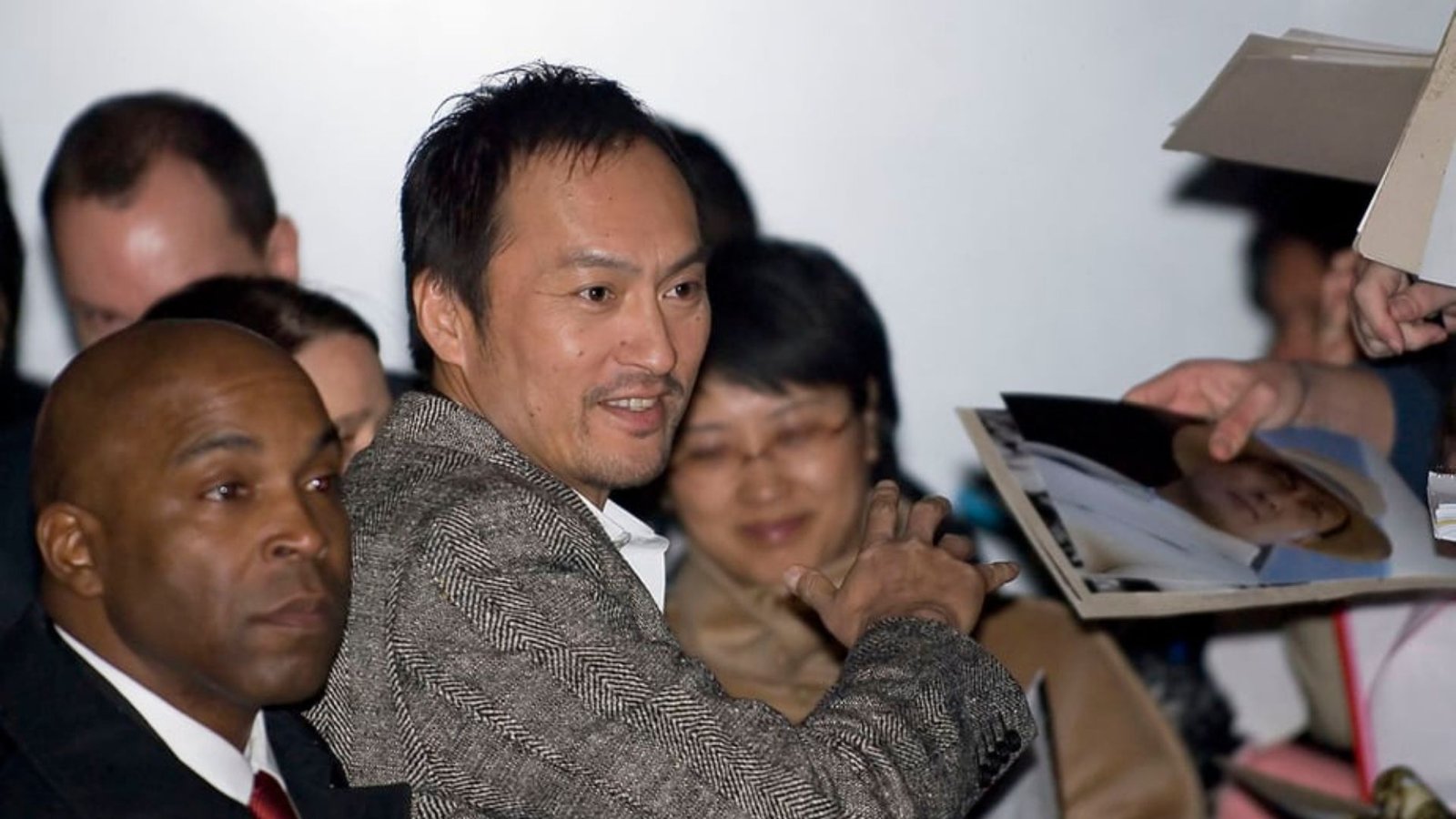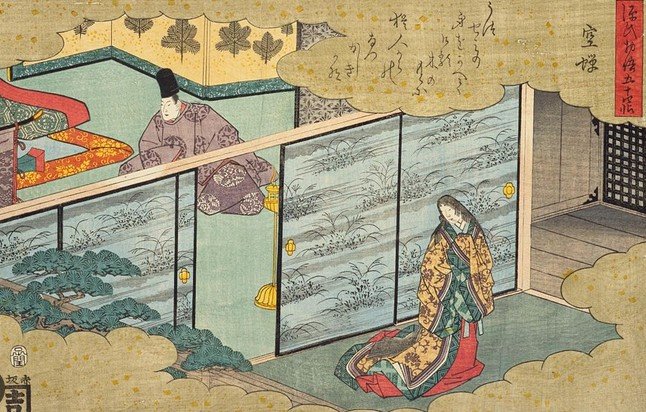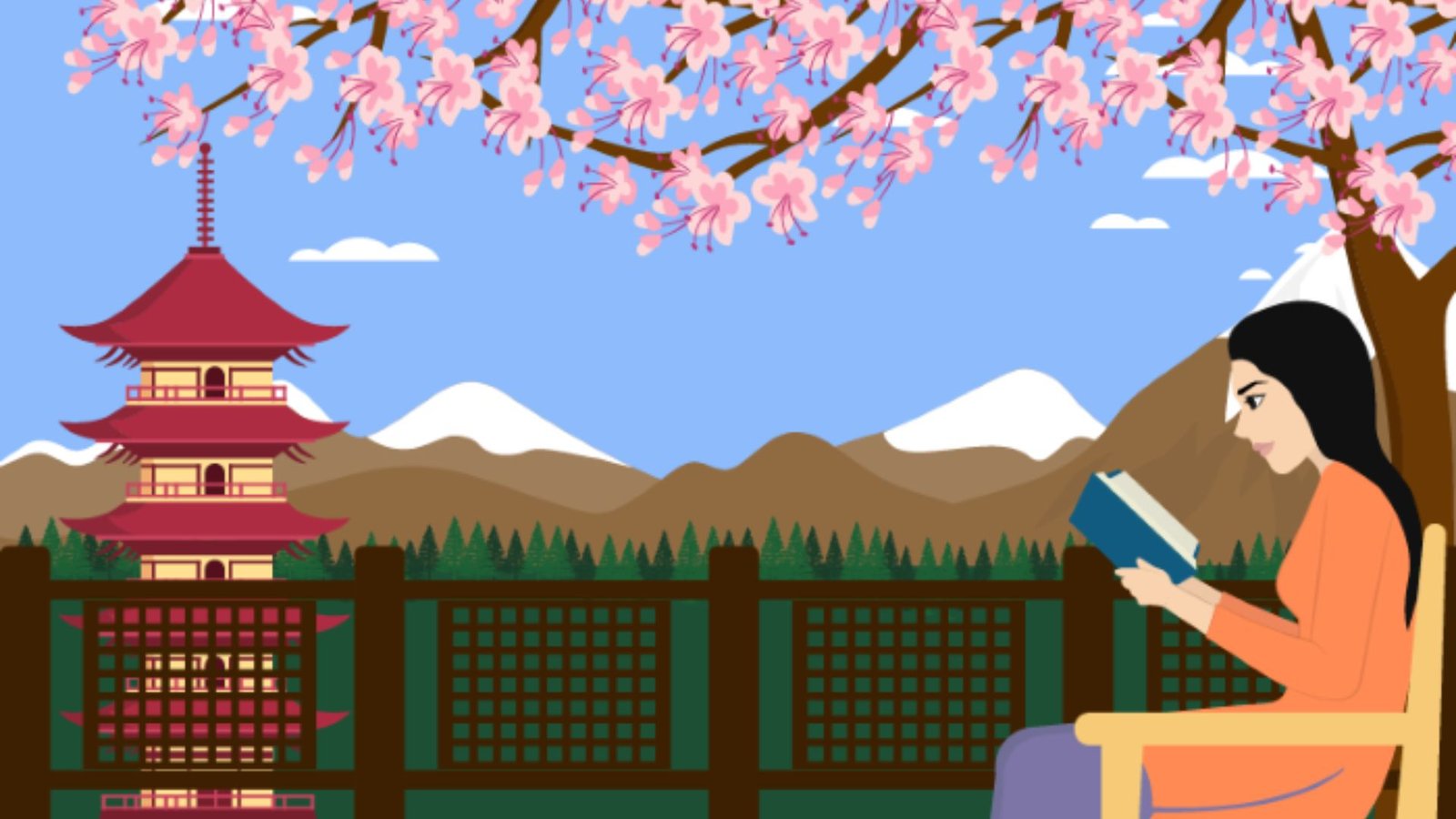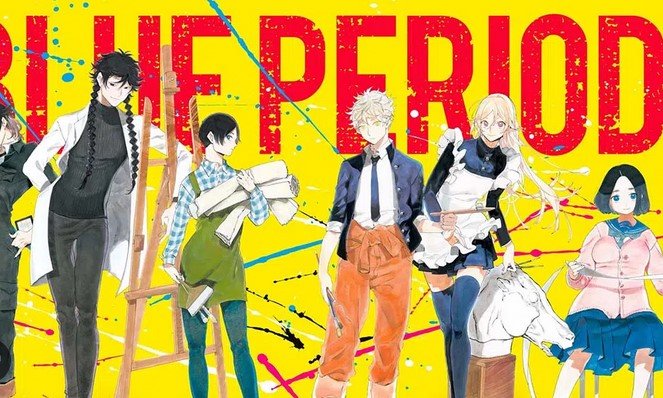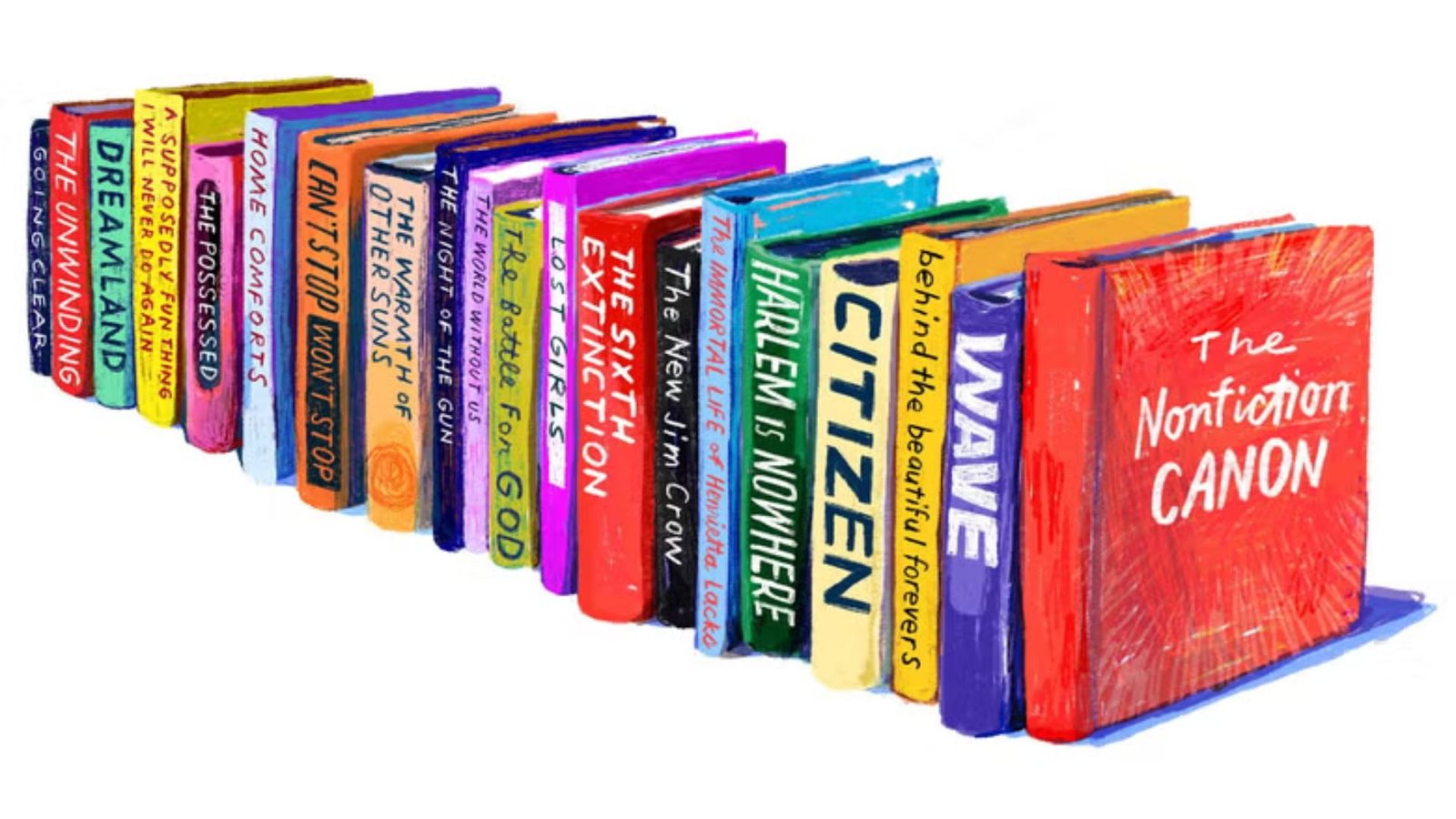Japanese literature has captivated the world for centuries. Many Japanese authors have gained global fame for their unique storytelling, profound themes, and emotional depth. Their works are celebrated not only in Japan but also across the world, inspiring readers from different cultures and backgrounds.
If you’re a literature lover, there’s no better time to explore the works of these incredible Japanese writers. Let’s dive into the world of the most celebrated Japanese authors whose writing has left a significant impact worldwide.

1. Haruki Murakami: The International Literary Icon
Haruki Murakami is arguably the most famous Japanese author in the world today. His works, such as Norwegian Wood, Kafka on the Shore, and 1Q84, have been translated into dozens of languages, earning him a massive global following. Murakami’s writing is known for its magical realism, blending the ordinary with the extraordinary in a seamless way. His themes often revolve around loneliness, alienation, identity, and the search for meaning.
Murakami’s distinctive style is easy to recognize, featuring elements like surreal events, dreamlike sequences, and complex characters. Readers around the world love how he mixes Japanese culture with Western influences, creating a unique reading experience.
If you haven’t read Murakami yet, his works will take you on a mesmerizing journey that’s hard to forget.
2. Yasunari Kawabata: The Master of Elegance
Yasunari Kawabata, the first Japanese author to win the Nobel Prize in Literature (1968), is famous for his elegant and poetic prose. His best-known works include Snow Country, Thousand Cranes, and The Sound of the Mountain. Kawabata’s writing is known for its delicate simplicity and deep emotional resonance.
His stories often explore themes of love, loss, and the passage of time, often set against the backdrop of traditional Japanese culture. Kawabata’s ability to convey profound emotions with such economy of words has made him a beloved figure in world literature.
If you appreciate lyrical writing that captures the beauty of small moments, Kawabata’s works will leave you deeply moved.
3. Ryūnosuke Akutagawa: The Pioneer of Psychological Fiction
Ryūnosuke Akutagawa is considered one of the most important figures in modern Japanese literature. His short stories, such as Rashōmon and In a Grove, are some of the most widely studied and translated works in Japan. Akutagawa is known for his psychological insight, moral ambiguity, and ability to explore the complexity of human nature.
Akutagawa’s writing often features unreliable narrators and multiple perspectives, making his stories both compelling and thought-provoking. His works question the nature of truth, justice, and identity, providing readers with much to reflect upon.
If you enjoy stories that explore the darker side of the human psyche and challenge your understanding of morality, Akutagawa’s works are essential reading.
4. Kenzaburō Ōe: The Nobel Laureate with Powerful Political Themes
Kenzaburō Ōe, another Nobel Prize winner (1994), is known for his intense and politically charged writing. His works, including A Personal Matter and The Silent Cry, often deal with themes of identity, social justice, and the search for personal meaning in a post-war Japan. Ōe’s novels are deeply philosophical and often feature profound moral dilemmas and questions about human nature.
Ōe’s writing blends personal experience with political commentary, offering readers a glimpse into the emotional and social struggles of post-war Japan. His bold and innovative approach to fiction has earned him a place of honor in world literature.
For those interested in literature that challenges the status quo and addresses political and social issues, Kenzaburō Ōe is a must-read.
5. Banana Yoshimoto: A Modern Voice of Simplicity and Depth
Banana Yoshimoto is a relatively contemporary author who has gained international acclaim for her simple yet profound storytelling. Her debut novel, Kitchen, is a beloved classic, and works like Lizard and The Moon on the Water further solidified her global reputation.
Yoshimoto’s works often deal with themes of loss, grief, and the healing process, exploring how individuals cope with personal trauma. Her writing is known for its clarity, gentle tone, and emotional depth, often touching upon supernatural elements in a subtle way.
Yoshimoto’s stories are beloved worldwide for their universal themes and relatable characters. If you prefer contemporary fiction that explores human connection and healing, her works are deeply moving and accessible.
6. Junichiro Tanizaki: The Master of Desire and Identity
Junichiro Tanizaki is another legendary Japanese author who has had a profound influence on world literature. His works, such as The Makioka Sisters and The Tattooer, often explore themes of desire, sexuality, and identity. Tanizaki’s writing is known for its psychological depth and its exploration of the dark side of human nature.
Tanizaki’s stories often blur the lines between morality and immorality, examining the complexity of human relationships and the conflicts between traditional values and modern desires. His provocative works have earned him international recognition and continue to be widely read and analyzed.
If you’re interested in literature that examines human desire, psychological tension, and identity, Tanizaki’s works are both captivating and challenging.
7. Natsume Sōseki: The Father of Modern Japanese Literature
Natsume Sōseki is often referred to as the father of modern Japanese literature. His works, including I Am a Cat and Kokoro, have shaped the landscape of Japanese writing for over a century. Sōseki’s novels often explore the complexities of human nature and societal change during the Meiji era.
Sōseki’s writing blends humor with profound insight, and his works often contain elements of self-reflection, social commentary, and moral questions. His sharp wit and deep understanding of the human condition have made him one of Japan’s most beloved authors.
For those looking to explore the roots of modern Japanese literature and understand the historical context of Japan’s transition into the modern age, Sōseki is an essential read.
Conclusion
The world of Japanese literature is vast, rich, and incredibly influential. From the surreal and introspective works of Haruki Murakami to the psychological depth of Ryūnosuke Akutagawa, these authors have made a lasting impact on global readers. Whether you enjoy elegant prose, political commentary, or magical realism, there is a Japanese author who will speak to your interests and broaden your literary horizons.




